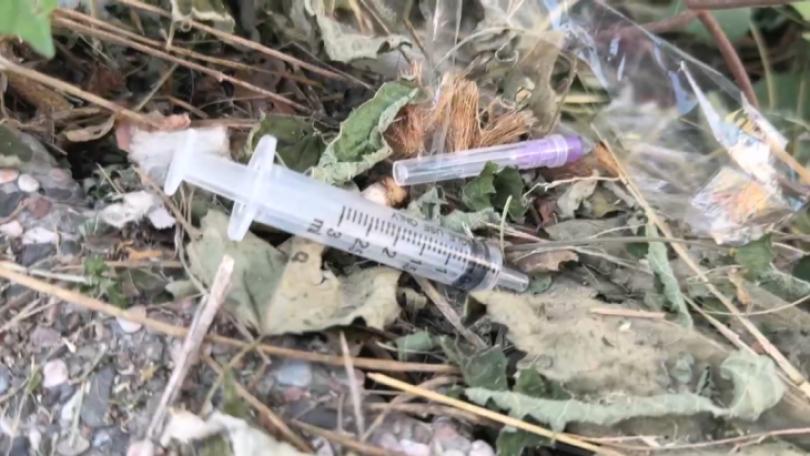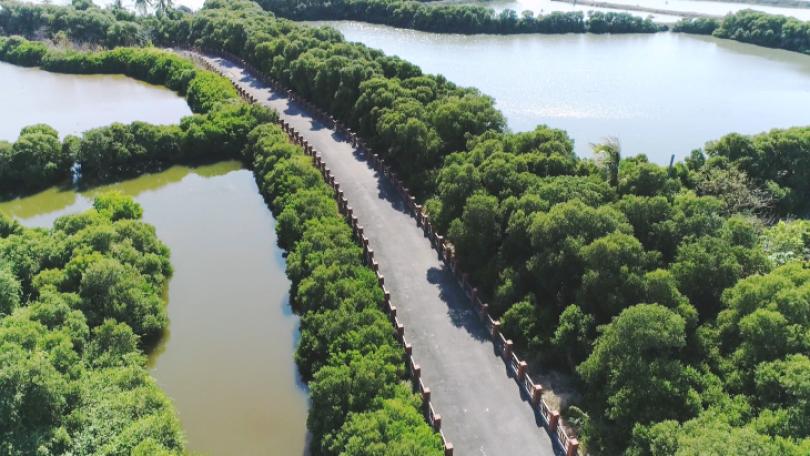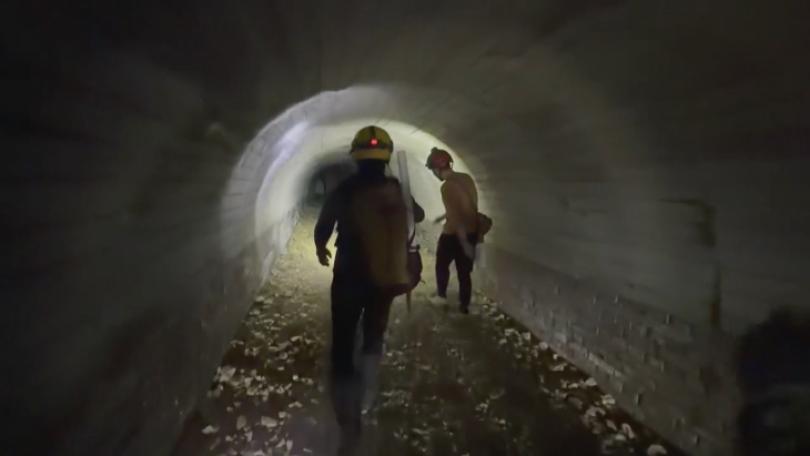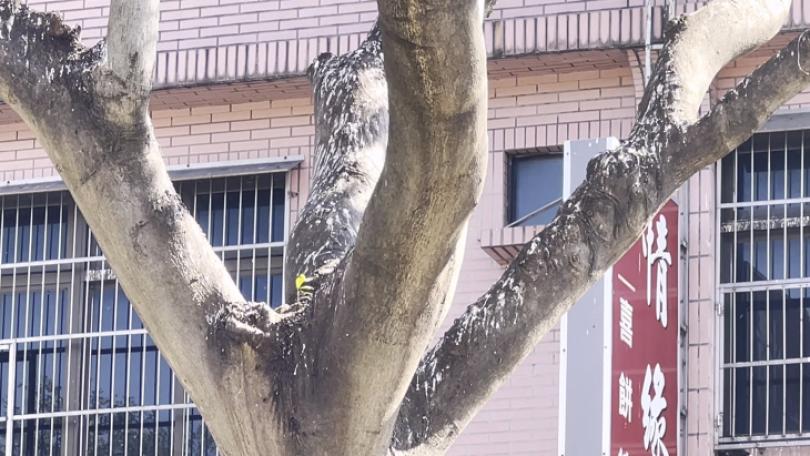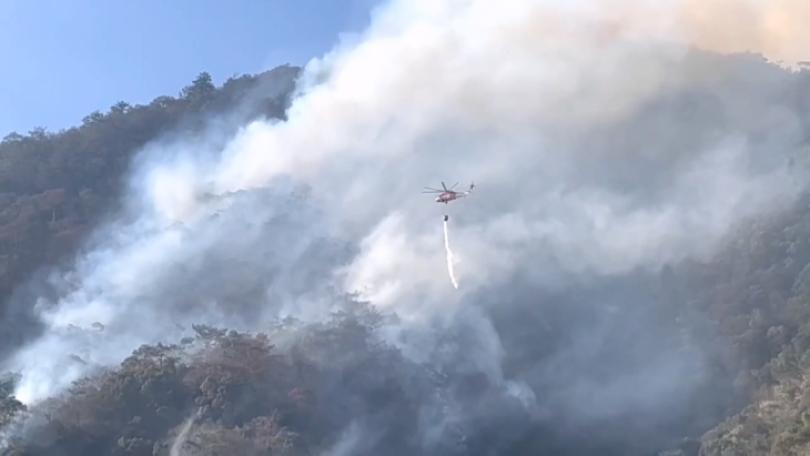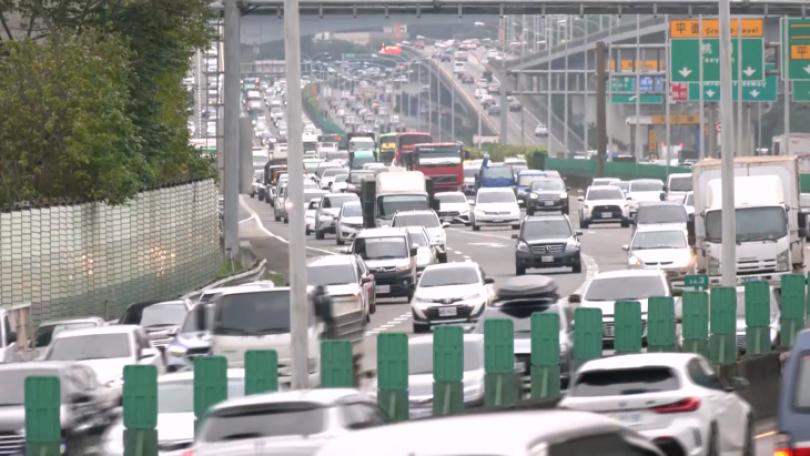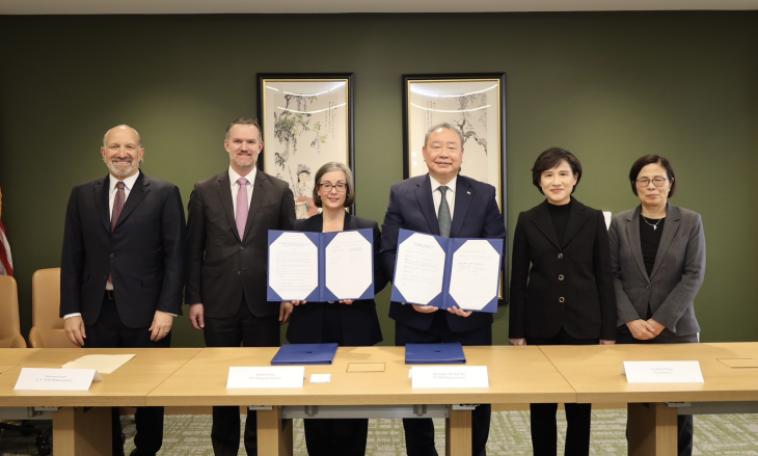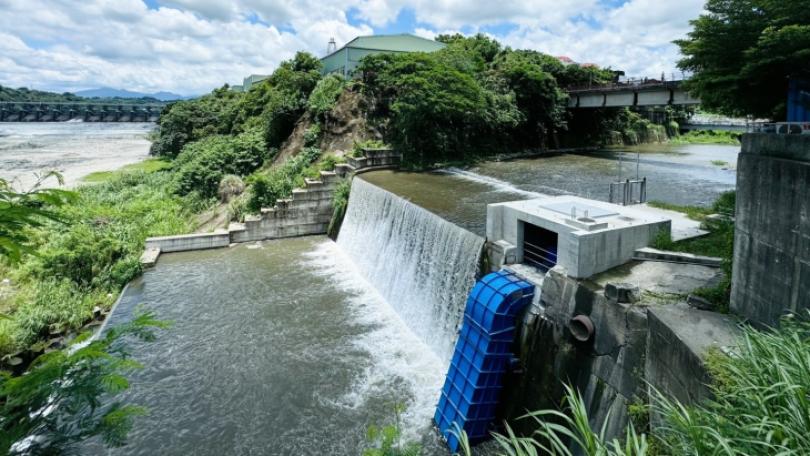EPA Promotes less use of incense sticks and joss paper / "拜拜勿燒香與金紙" 環署邀宗教界宣導
發布時間:
更新時間:
In Taiwan, worshipers of traditional religions burn shocking amounts of incense sticks and joss paper in religious rites. According to statistics, the total length of incense sticks burned every year in Taiwan is enough to circle the island 959 times, and the annual amount of burnt joss paper can cause air pollution equal to exhaust fumes produced by 20 thousand automobiles in a year.
Recently, the Environmental Protection Bureau enlisted local entertainer Kuo Chi-Chien to feature in a video that promotes less use of incense sticks and joss paper. In fact, if you stack up all the joss paper burned in Taiwan in a year, it would be 15 times the height of Taipei 101. Moreover, the total length of incense sticks burned every year is enough to go around Taiwan 959 times.
==KUO CHI-CHIEN, Entertainer==
Air pollution caused by incense stick burning is equal to fumes produced by 20 thousand automobiles in a year, and I'm only talking about incense sticks and joss paper, we haven't even looked at firecrackers.
In 1967, Hsing Tian Kong, a popular temple in Taipei's Zhongshan District, took the lead and banned worshipers from burning joss paper. Lately, it further put a ban on burning incense sticks. According to the temple, there had been pressure from joss paper manufacturers, who circulated rumors that without burning joss paper, godly spirits would no longer stay in the temple. However, Hsing Tian Kong insists that a dedicated heart is all that matters to the divine.
==LI CHAN-HUA, Hsing Tian Kong Representative==
We should replace the incense that we burn with the good deeds that we do everyday. We should offer to god our virtues, rather than worldly offerings.
According to EPA estimates, 23.8 tones of joss paper is burned in Taiwan every year, producing particulate pollutants 225 times more than that by Beitou incinerator. To improve air quality, the amount of joss paper burned has to be reduced.
==HSIEH YEN-JU, Chief Secretary, EPA==
In the first phase, we centralize joss paper burning, and then we work on reduction. In the final stage, we will put a ban on it.
At the same time, public mindset has been changing as well. Nowadays, more and more temples are asking worshipers to stop buying joss paper and donate the money to charity groups instead. In 2015 alone, a total of NT$4.47 million in donation was gathered from nine Taiwanese counties and cities. In 8 other counties, the money saved is used to buy rice for those in need.
TRANSLATED BY:JEFF CHANG
特地找來藝人郭子乾拍宣導短片,告訴善男信女燒香拜拜其實很汙染,台灣人一年燒掉的紙錢,可疊成15座101大樓的高度,燒掉的香長度,更可繞台灣959圈。
==藝人 郭子乾==
所排放的空氣汙染物
就等於兩萬輛車的排氣管
同時給你噴一年
我講的只是香跟金紙
放鞭炮還沒算在內
早從民國56年,就率先推動不燒金紙的行天宮,最近更停止點香拜拜,廟方人員表示,推動時會面臨金紙業者的壓力,甚至放出神明會跑光光的風聲,但行天宮仍堅持,敬拜神明只需要虔誠的心。
==行天宮代表 李展華==
平常所累積的 這些道德的馨香
來代替我們手上拿的這個線香
累積的這些福德
這個資糧代替供品
環保署估算,台灣一年燒掉23.8公噸紙錢,所排放的粒狀汙染物,大約是北投焚化爐的225倍,為了確保空氣品質,必須推動逐年減量。
==環保署主秘 謝燕儒==
我們先從這個集中來燒開始
接下來我們希望 就是能夠減燒
把這個量少一點
然後再過來就是不要燒
不過觀念也在改變中,目前有許多宮廟推出「以功代金」,將買紙錢的錢捐助弱勢團體,104年就有九個縣市捐助高達447萬元的善款,另外也有八縣市推動「以米代金」,買了近五萬包的米。
記者 林靜梅 陳立峰 台北報導

